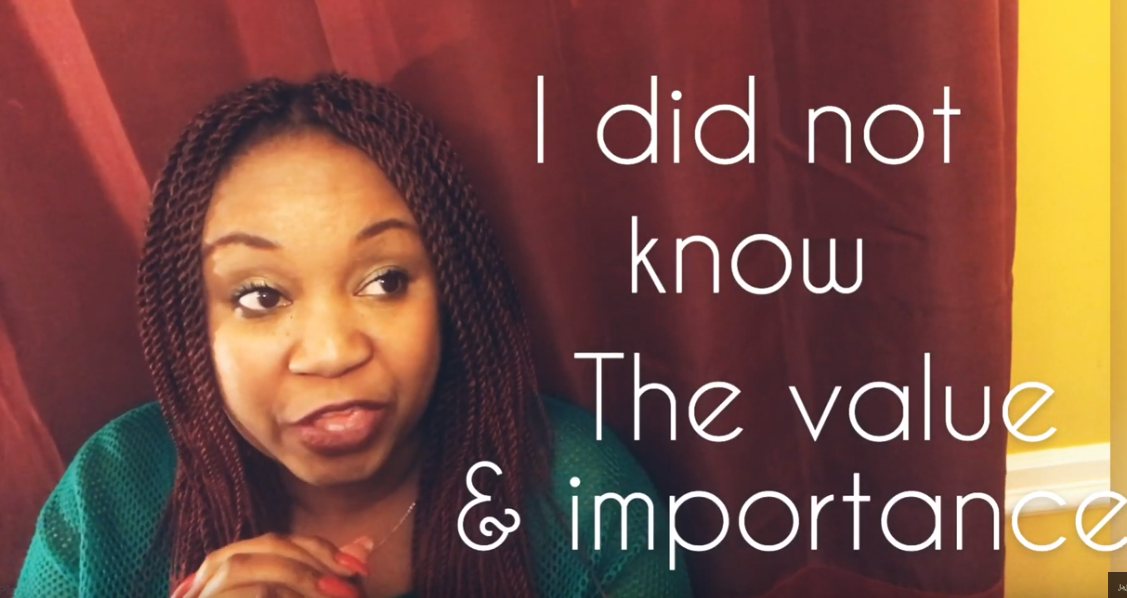Last week, a coalition of groups representing black women elected officials released a report which acknowledged the role that broadband adoption could play to empower female controlled households with vital online-based job training and search tools, telemedicine options, education and small business resources. It also tasked the federal government when implementing the National Broadband Plan that was released last spring to do so in a manner that support telework options and small businesses, especially considering the role women play as owners of 1/3 of all small businesses.
This quote from a call with reporters on the report’s release by Senator Sharon Weston Broome, president of the National Organization of Black Elected Legislative Women (NOBEL) who released the report in conjunction with the National Foundation for Women Legislators (NFWL) stood out:
As we have advanced over the decades – into college classrooms, legislatures, and boardrooms – women are still at the center of most families in the United States. As a result, many women are often overburdened with a seemingly impossible set of responsibilities that encompass nearly every aspect of everyday life, from making financial decisions to caring for children and aging parents to contributing a growing share to overall household income.
In addition, there are significantly more single mothers in the U.S. than single fathers. In certain communities, fathers are all but absent, forcing young women to figure out how to balance the needs of their children with their own needs.
If properly harnessed, broadband could be a platform for not only making many of these family functions and responsibilities more efficient, it could also serve as a hub to bolster family connections
This report should be seen as a triumph because it represents one of few times that black women leaders have come out en masse to address a significant concern and demand results from decision makers in a comprehensive report form.
It is a victory also because it flies in the face of recent reports and indications which suggest that we, as black women, are invisible and have done nothing about it. Indeed, in 2010, the Journal of Experimental Social Psychology released a study, The invisibility of Black women, which concluded that in social settings black women are forgettable.
Because I consider myself an optimist and of the mindset that we are not defined by others’ perceptions of who we are, a detail such as being considered “memorable” was insignificant and certainly not a cause for us to hold ourselves back from going out and trying to achieve whatever it is we want to achieve.
I acknowledge all of the statistics that pit the group in which I belong on the top of a host of medical ills like obesity, high blood pressure, HIV, hypertension and other ailments. Just the other day, a billboard about the high abortion rates of blacks in New York went up in a Soho neighborhood that made many black women upset at being made the face of abortion and scapegoated, yet again. We are already the poster-children for welfare in the minds of many who have a narrow understanding of what demographic truly make up the bulk of the welfare rolls; and it is not black women.
I know that there are those stereotypes out there about us that we are loud, overbearing and I acknowledge the stats that say we are more likely to conceive children out of wedlock.
Still, as a person who believes in hard work, not making excuses or blaming others for the lot we are in, I want to rise above the misperceptions, stereotypes, stigma and other “isms” that may dog us. I want to turn the other cheek and persevere because I know our group heads households that contribute $500 billion to the US GDP annually. I know, as I’ve written about before in past pieces, that the grandmother of civilization, the oldest human remains to be found on earth, “Lucy”, was that of a black woman. I recognize that, as a group, we birthed the civil rights movement and have been at the helm of many national and international organizations that have benefited all of mankind.
Why would we need validation from others?
It’s been said that “we are who we are waiting for,” right? We do not need permission to excel.
However, there is another thing that black women are known for and that is bearing a “chip” on their shoulders. It can be said that the “chip” represents years and decades of waiting for acknowledgment and validation from others. For years, that validation had to do with beauty standards, considering for so long we were not thought to live up to Eurocentric standards of beauty. Over years, society gradually began to appreciate diverse imagery of beauty.
Beauty standards is one thing but as a person who hails from a professional and academic background, the ultimate validation to me is success and acceptance in the business and corporate setting. Family matters higher, of course, but at the end of the day “green” is the color that matters much. Being able to build wealth that can be passed on to future generations depends on a person being successful in their economic life.
The bad news, however, is in the business world, we are virtually invisible there too in terms of ownership of the most profitable businesses and presence on executive teams and corporate boards.
A friend of mine sought me out recently because she was interested in joining the board of some influential companies. We poured over links and reports listing the memberships that make up the boards of Fortune 500 and Fortune 1000 and discovered that the only demographic that was virtually absent was black women. It is true that many boards are made up of people with power, wealth or influence. It still baffled us that given that we make up such an influential bloc of the populace, and one that contributes so much value to society, we have such miniscule representation among corporate executive boards and upper management.
The recent research exercise into board membership helped solidify for me that from this virtual invisibility, black women have also become an expendable afterthought in the business world; and ergo devalued to a certain extent.
I have a personal instance exemplifying this latter conclusion. I notice that on one of the several blogs I author, (if you are reading this on Jenebaspeaks, this one) there are images of me standing tall and proud and authoritative on the blog header. In that particular blog, I provide news, analysis and information about poli-tech issues, covering the cross section of politics and technology. Since the blog’s existence, there have been times that the blog was the only outlet or one of very few on the Internet discussing a particular issue in the field and thus would land number one on a Google Search. As I monitor that blog’s traffic daily, I’ve noticed that many times, visitors will spend less than 0 seconds on the blog after landing there. So it follows, neutral words on a screen from a Google search results lead them to click on my blog’s link, but once they get there, something makes them not trust or value the information being presented enough to stick around long enough to read further along.
I am logical and analytical and would never want to suggest that the race and gender of the woman on top of the blog header could be a contributing factor for why they don’t stick around. Naturally, there will be those who, after clicking the link to my blog, will realize that the article they’ve landed on does not quite match their search query and will move along just as quickly as they came in. Notwithstanding all of that, using Sitemeter as a traffic tracking source, I am able to monitor the EXACT Google or Yahoo! Search query and based on that, know for a FACT that many times the article was indeed quite relevant to the search query.
What else explained the churn?
Compare this example to another one of my blog homes which is anonymous. It has no identifying information or images of the author whatsoever, other than the credentials of the author. After a few months of being in existence, the blog became a trusted source for information and eventually, several loyal followers tried to guess who the author is and emailed my anonymous account. Every single suggested guess was of an influential and notable middle aged white man expert in my field.
That experiment told me that people do indeed value the information being given to them based on the race and gender of the person delivering the message. The same quality of information is presented on two blogs, one with my image the other without it, yet the latter is deemed more credible because many visitors have assumed the information is coming from a white man.
This discussion brings this long stream of consciousness rant back to an earlier question, “Why do we need validation from others?”
We need validation because it is economically imperative for our survival that we be permitted to shine among the best and brightest. If the two blogs’ perceived value was converted into a salary, it could be safely assumed the author of the anonymous blog would earn much more for the same qualifications.
If no one wants to pass us the ball or pick us on their team, are we supposed to just take it or go home?
The only other alternative would be for us all black women to pack up all of our crap, give this country the royal middle finger and establish a civilization on our own island akin to how the female Brazilian Amazons did. In this idealistic society, we would be the leaders, professional, decision makers and creators of everything. Because this fantasy is not realistic, the lone solution left would be for us to do our best to shine; work longer, harder and better than our counterparts; do our best to excel individually and support each other collectively; challenge injustices and demand a seat at the table; and create our own tables and clubs, when appropriate. The joint NOBEL/NFWL report exemplifies us taking the bull by the horns.
With that, for some reason, it feels like we’ve already been playing by the rules all along. At least I have. If after all of that, we remain invisible, what then?
When will we get passed the ball?
Jay Jay Ghatt is also editor at Techyaya.com, founder of the JayJayGhatt.com and JayJayGhatt.com where she teaches online creators how to navigate digital entrepreneurship and offers Do-It-For-You Blogging Service. She manages her lifestyle sites BellyitchBlog, Jenebaspeaks and JJBraids.com and is the founder of BlackWomenTech.com 200 Black Women in Tech On Twitter. Her biz podcast 10 Minute Podcast is available on iTunes and Player.fm. Follow her on Twitter at @Jenebaspeaks. Buy her templates over at her legal and business templates on Etsy shop!


